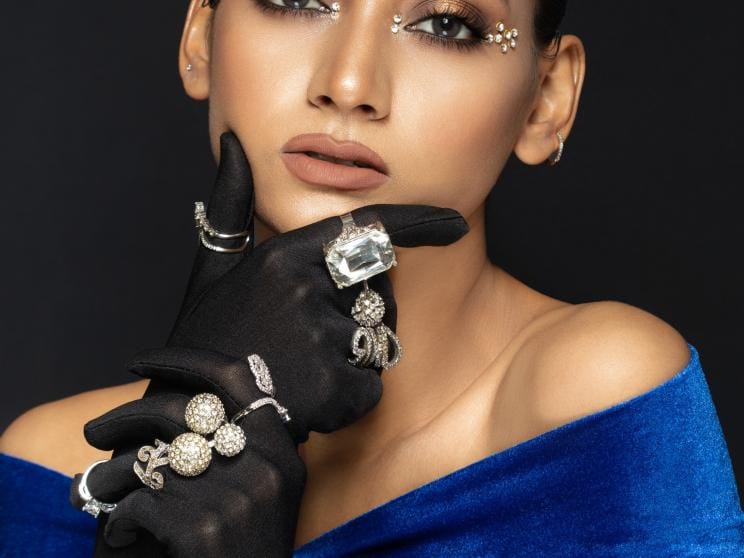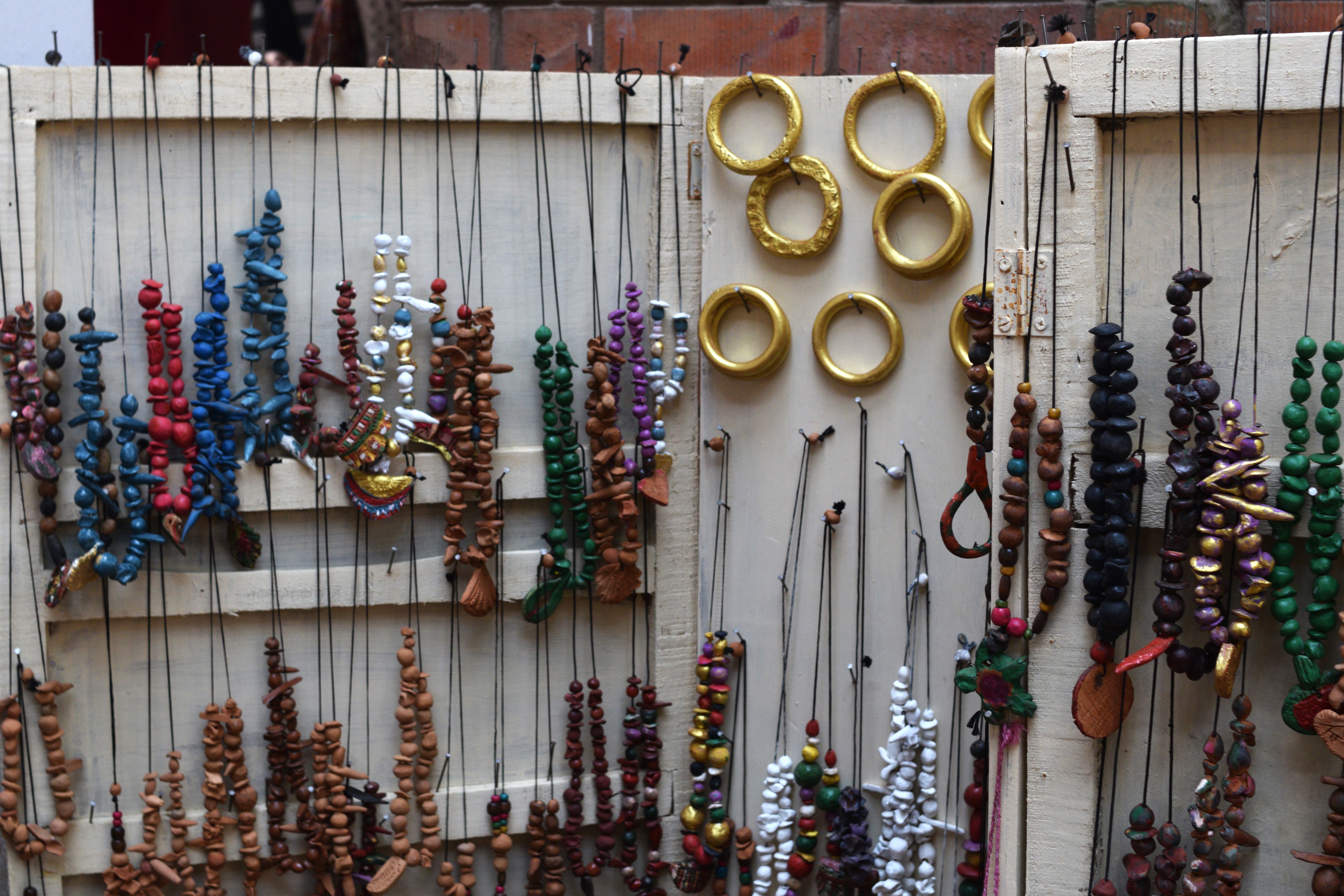Why spend on diamonds when glass can fool you just as well?

Forget the traditional adage, "Diamonds are a girl's best friend." We are in Bangladesh, where a far humbler material is being touted as the new must-have luxury accessory. Who needs diamonds when you can have a shiny piece of glass for a fraction of the cost?
For the discerning Bangladeshi consumer, it seems that glass has dethroned diamonds to be the new queen of the jewellery world. But you see, it's not just any glass. It's the kind of glass that sparkles just enough under the store lights to make you squint and wonder, "Is this the real deal, or have I been spending too much time staring at windows?"

I mean, think about it — where else in the world would you find a diamond pendant priced at a miraculous Tk 6,000-9,000? That's about the same price as a decent lunch for two at a moderately fancy restaurant. In any other country, you'd be laughed out of the store if you even suggested such a price point for real diamonds. But here in Bangladesh, it's not only possible — it's business as usual.
But, in all seriousness, let's take a moment to consider what really makes diamonds, diamonds. First off, there's the rarity. Diamonds are not something you stumble upon in your backyard. They are formed under immense pressure and heat, deep within the Earth. Even then, their journey to becoming a sparkling gem is long and arduous, which is why they command such high prices and are considered valuable.
This brings us to a crucial point — certification. When you purchase a diamond, it should come with a certification that clearly mentions its carat, quality, and source. This certification is your guarantee that you are buying a genuine stone and not a cleverly disguised piece of glass. Any reputable jewellery store should be able — and willing — to provide this, and if they don't, you might want to reconsider your purchase.
The sad reality is that many consumers are being duped by unscrupulous retailers who capitalise on their lack of knowledge. A diamond without certification is like a car without a title — it may look great, but you have no idea what you're getting. And in Bangladesh, where the price tag seems too good to be true, it's often because it is.

So, while glass may be having its moment in the spotlight, hopefully momentarily, let's not forget why diamonds became a woman's best friend in the first place. They are rare, they are out of the ordinary, and their brilliance cannot be replicated by mere imitations.
Customers, beware: All that shines is not diamond, and if it's priced like a sandwich, well… you're probably looking at glass.



 For all latest news, follow The Daily Star's Google News channel.
For all latest news, follow The Daily Star's Google News channel. 


Comments